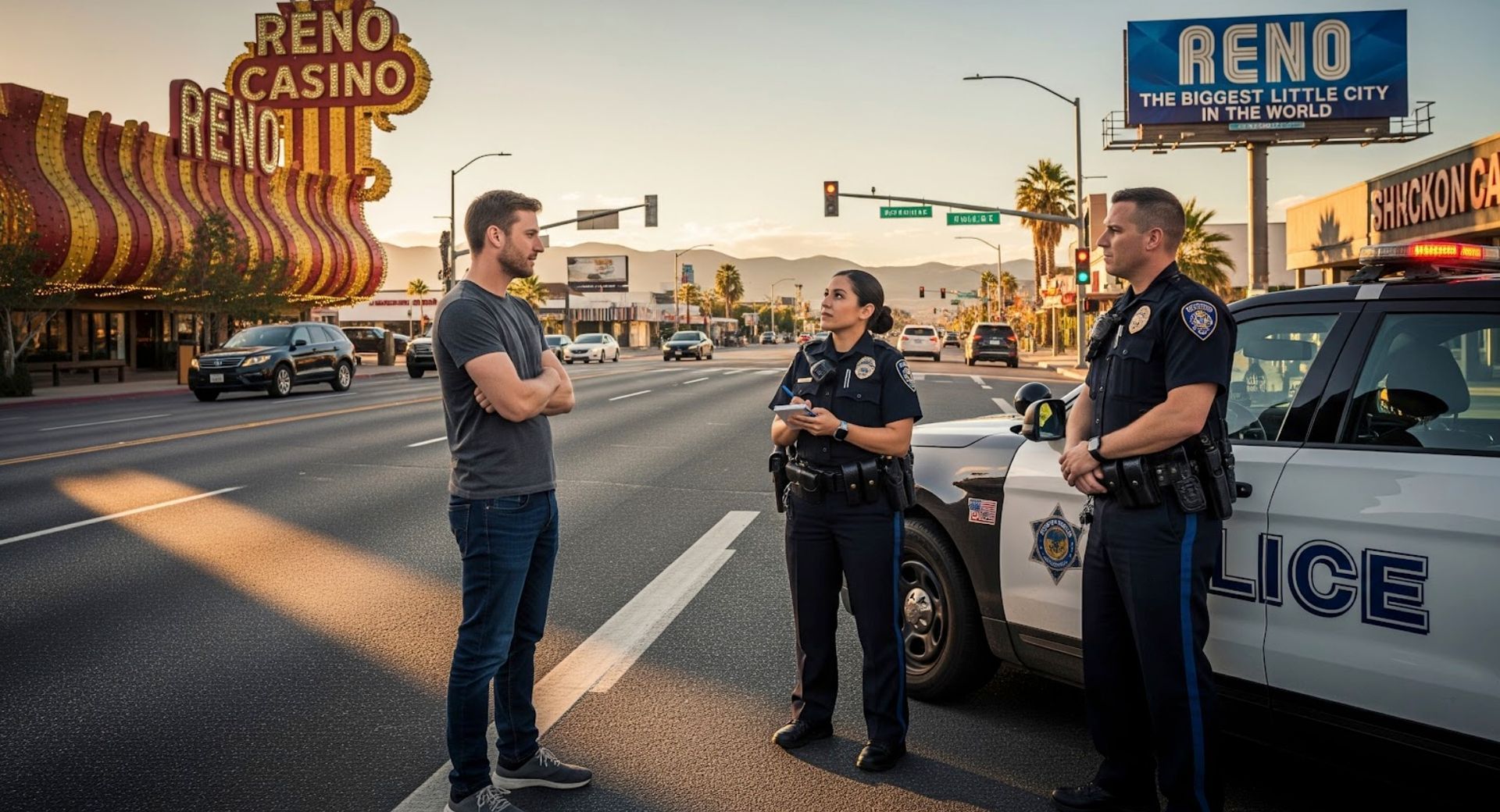Common Types of Fraud and Theft

There are Several Types of Fraud and Theft Defined by Nevada State Law
Some Common Types of Fraud
Auto Insurance Fraud (NRS 686A.2815)
This occurs when a person lies about vehicle damage or theft for the purpose of undue financial gain. A person can also be convicted if they present a statement to conceal or omit facts, or if they receive benefits knowing that facts were omitted.
Credit/Debit Card Fraud (NRS 205.760)
A person is charged with this when they use or possess, another person’s credit/debit card, without the cardholder's permission to obtain anything of value.
Gaming Fraud (NRS 465.070)
This law states that it is illegal to use insider information not known to the general public when gambling in Nevada. A person can also be charged with gaming fraud if they alter the elements of chance, method of selection, or criteria which determine the results, amount of payment, or frequency of payment in a game.
Foreclosure Fraud (NRS645F.400)
If a foreclosure consultant does not abide by the terms of their contracts with homeowners, then they may be liable for foreclosure fraud. A person that engages in a pattern of mortgage lending fraud or conspires or attempts to engage in a pattern of mortgage lending fraud can also be found guilty of foreclosure fraud.
Identity Theft (NRS 205.463)
Identity theft or ID theft is a state level offense and can also be prosecuted as a federal offense. This crime occurs when a person obtains key pieces of another person’s personal information, such as Social Security or driver’s license number, to allegedly pose as someone else and obtain credit, property, or services. A person can also be charged for aiding and abetting someone with identity theft.
Some Common Types of Theft
Petit Larceny (Petty Theft) (NRS 205.240)
If a person is accused of stealing property or money valued less than $1,200, then they are charged with petit larceny also known as petty theft.
Grand Larceny (NRS 205.220)
If the value of the property that was allegedly stolen is valued at over $1,200, then a person is charged with grand larceny. There are varying degrees of punishment based on the value of the stolen property.
Shoplifting (NRS 205.240)
Shoplifting, or retail theft, is a form of larceny that involves taking store merchandise without first paying for it.
Robbery (NRS 200.380)
Robbery is the act of taking personal property from another person, or in the person's presence, against their will through force or violence. If a deadly weapon was used, the penalties increase.
Embezzlement (NRS 205.300)
Embezzlement is the theft of property that someone has been legally entrusted with. This is commonly referred to as “employee theft” and “employee fraud.”
Possession of Stolen Property (205.275)
Someone can be charged with possession of stolen property if the person, for his/her own gain or to prevent the owner from having the property, possesses the property knowing it was stolen, or under circumstances that should have caused a reasonable person to know the property was stolen.






